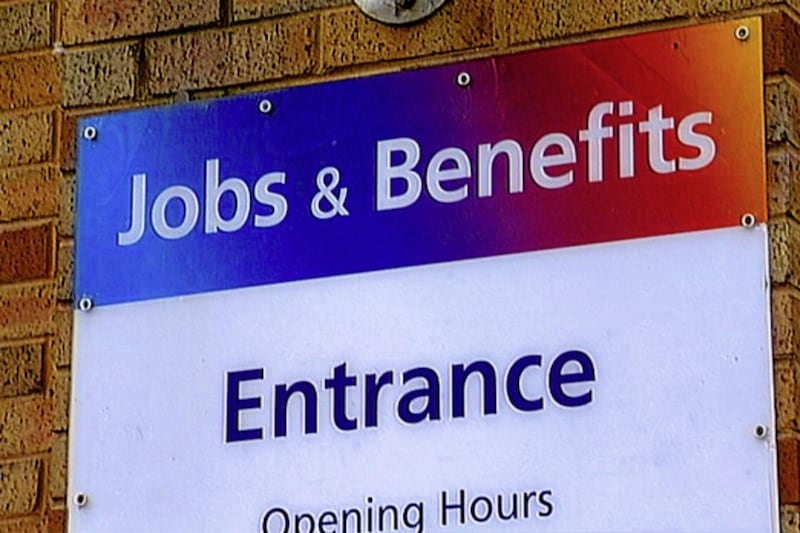A new research project set up to examine economic inactivity in the north has been awarded a £4.8 million grant from a UK government fund.
Led by the Ulster University Business School, EPIC (economic and social partnering for inclusive innovation and collaboration) Futures NI will bring three Stormont departments together with researchers, businesses, academics and community groups to form a new think tank.
It’s one of four new local policy innovation partnerships (LPIPs) being funded by UK Research and Innovation (UKRI).
The new policy action group involves Stormont’s economy, communities and finance departments.
They have pledged to work in an open forum to address data and knowledge gaps on the hidden unemployed.
The three-year project will establish a labour market observatory, which will offer a free online pool of resources focused on filling labour market data gaps in Northern Ireland and improving knowledge and intelligence about the north’s current and future skills needs.
The work will examine categories including: women, the over 50′s, and individuals with disabilities; to develop an evidence base and inform policies and programmes that support these groups to secure fair and meaningful work.
Professor Kristel Miller from the Ulster University Business School said: “It’s widely accepted that economic inactivity is a key strategic challenge to the future of economic and social prosperity in Northern Ireland, and we know that future growth will rely on reactivating and empowering hidden unemployed groups.
“EPIC Futures NI will audit existing data before engaging with departments, businesses, and local communities right across Northern Ireland to engage in research and support activity which ultimately creates pathways and entry points into the labour market.
“We are taking this innovative approach in recognition of NI’s unique culture and heritage which underpin our institutional structures, individual behaviours and actions.
“EPIC Futures NI is about ensuring no one group is left behind, in order to safeguard the economic prosperity of Northern Ireland.”







